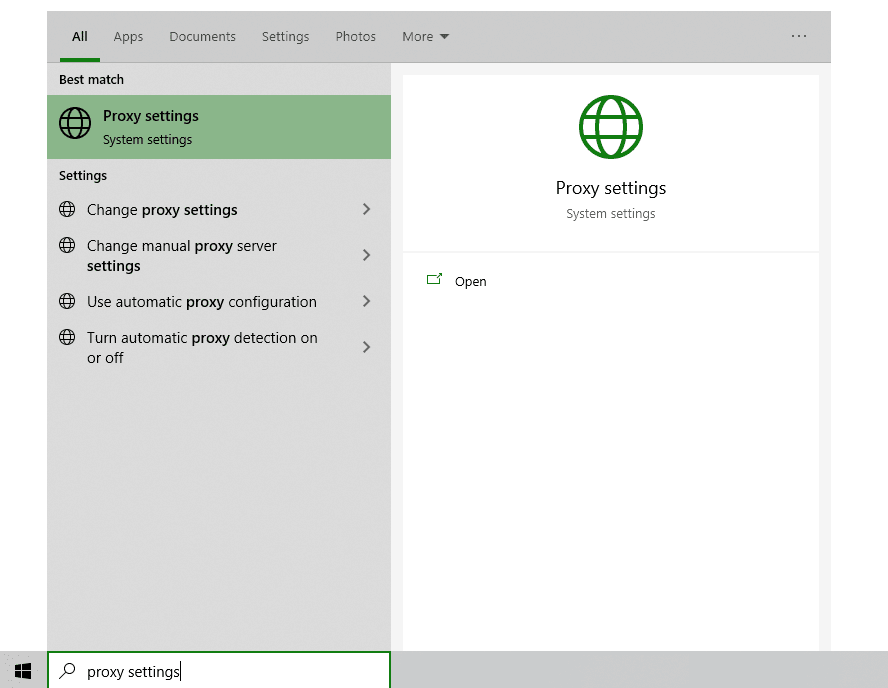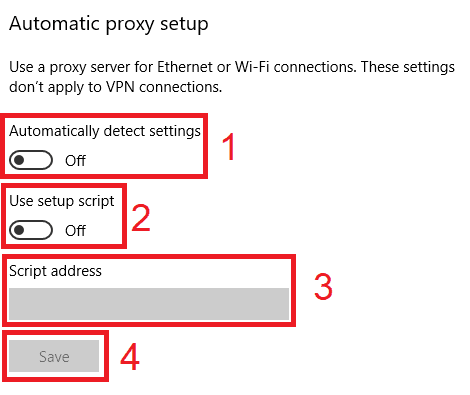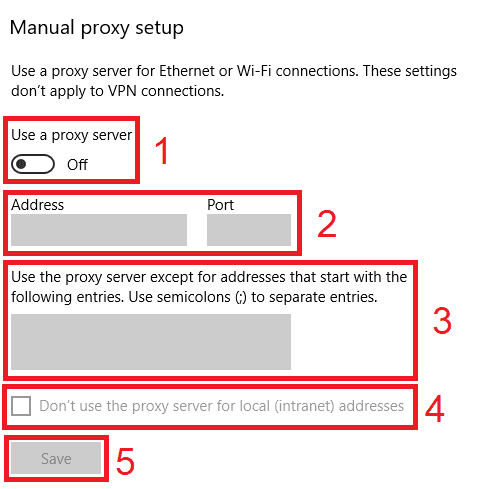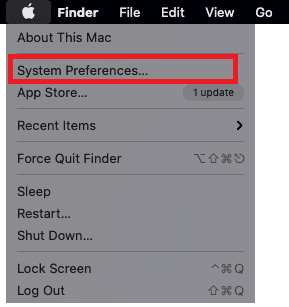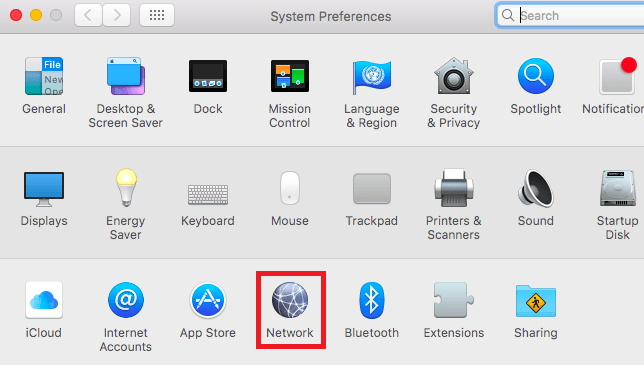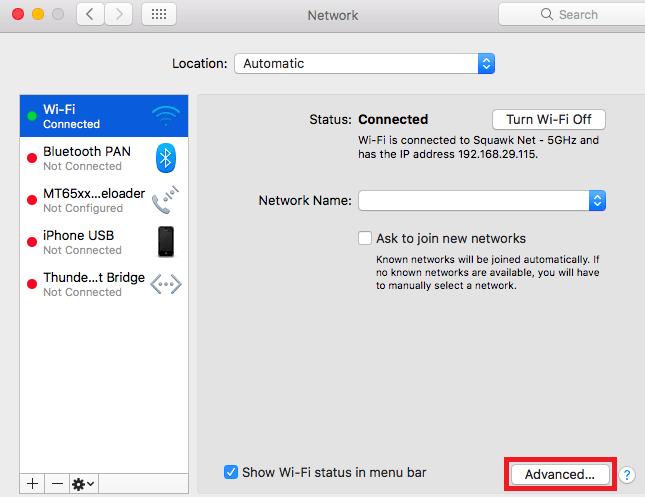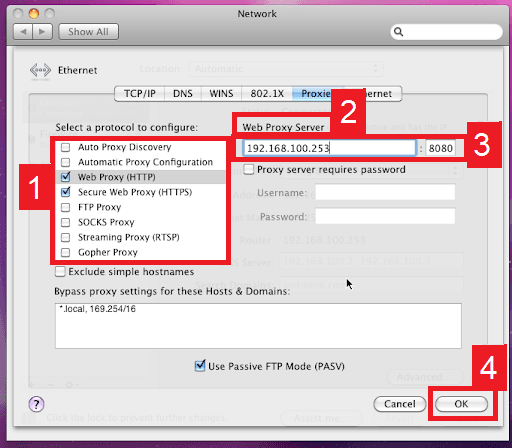Meetme is a social platform and online dating website where users can meet other users with similar interests. There are various activities for you to do, like playing games, to get to know the other person more and create a better relationship with them. You can access Meetme for free on any web browser or through its mobile app. Meetme also has credits where you can buy and use it to access more features.
As a popular social media platform, hackers and people with malicious intent will target your data and personal information. To best protect yourself, you need the help of a Meetme proxy. A Meetme proxy will hide your IP address from any website you visit and only show the IP address of the proxy server. This protects your IP address and location and gives you an additional layer of security against people with malicious intent.
Meetme proxies also have other useful cases. For example, if your country or region has banned Meetme from being accessed then you can use a Meetmy proxy to unblock Meetme by changing your IP address to a location where you can access it. If the internet connection or network you’re using has also banned Meetme, whether it be your work or school network, then Meetme proxies can also help you unblock it.
The best Meetme proxies to use are residential proxies as these types of proxies use residential IPs from actual devices making you appear as if you were an actual user from that location. This also ensures that any website you visit will not be able to recognize that you’re using a proxy.
Let’s set up a Meetme proxy server.
Note: Make sure that the web browser you’re using for Meetme is set to automatically copy your computer’s proxy settings. Google Chrome automatically does this, so it’s recommended to use it.


